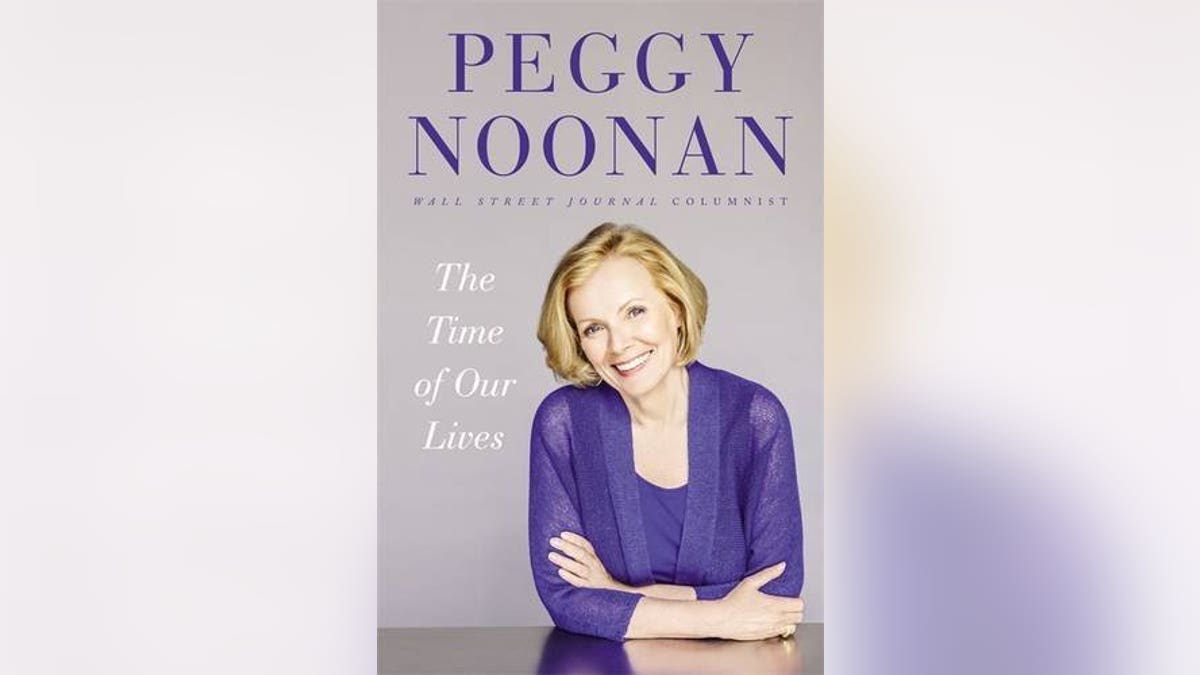Editor's note: The following excerpt is from an essay that originally appeared in The Wall Street Journal on April 2, 2014. It also appears in Ms. Noonan's book, "The Times of Our Lives" (Twelve, November 3, 2015).
I said that what people don’t understand about [Ronald] Reagan is that his self-concept in the first 40 years of his life, meaning the years in which you really become yourself, was as an artist. Not a political leader or an economist, not a geostrategist, but an artist. I saw this when I went through his papers at the Reagan Library. As a boy and young man he was a short story writer, a drawer of pictures, then an actor. He acted in college, went into broadcasting and then went on to act professionally. He paid close attention to script, character, the shape of the story. He came to maturity and middle age in Hollywood, which was full of craftsmen and artists, and he respected them and was one of them.
He cared about politics and came to see himself as a leader when he was immersed in Screen Actors Guild politics, and later led that union.
But he, to himself, was an artist.
And the thing about artists is they try to see the picture whole. They try to get the big shape of things. They’re creative, intuitive. Someone once said a great leader has more in common with an artist than an economist, and it’s true. An artist has imagination, tries to apprehend the full sweep of what’s happening. An actor understands what moment you’re in in the drama.
And so with that as context, I said, this is how I think Reagan would view the moment we’re in:
The Soviet Union fell almost a quarter century ago. It was great news, a victory for civilization. That fall was followed by something: a series of Russian governments trying to maintain stability and pick up the pieces, turning toward democracy, toward modernity, really going for a non-state-dominated economy. Russian leaders were to some significant degree accommodating to the West, which had vanquished them. They engaged in reconstruction on many fronts, reinvention, too. They moved in varying degrees toward Western values.

Again, it lasted almost a quarter century.
Now it is over.
That history has ended and something new has begun.
Excerpted from the book THE TIME OF OUR LIVES. Copyright (c) 2015 by Peggy Noonan. Reprinted by permission of Twelve/Hachette Book Group, New York, NY. All rights reserved.








































